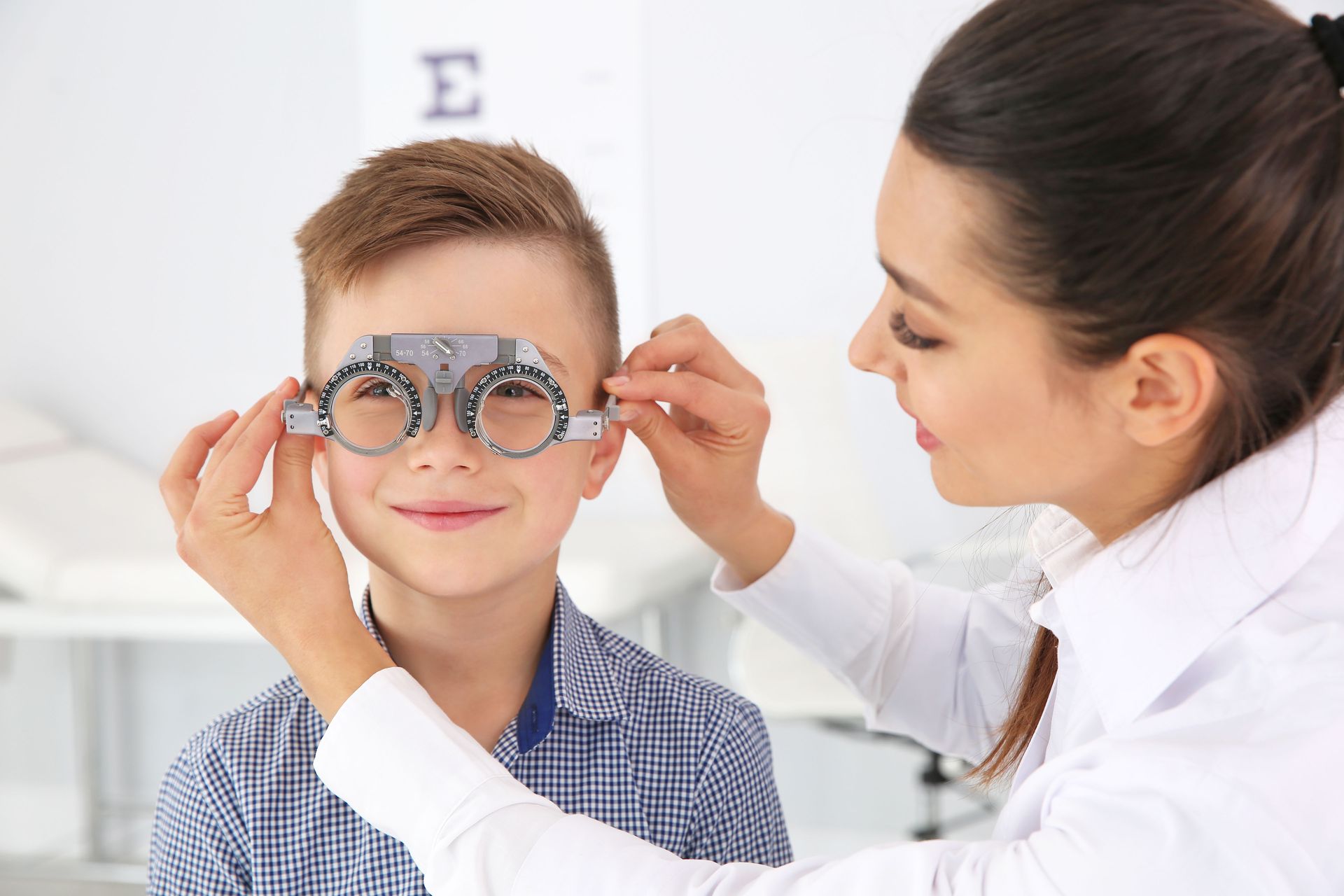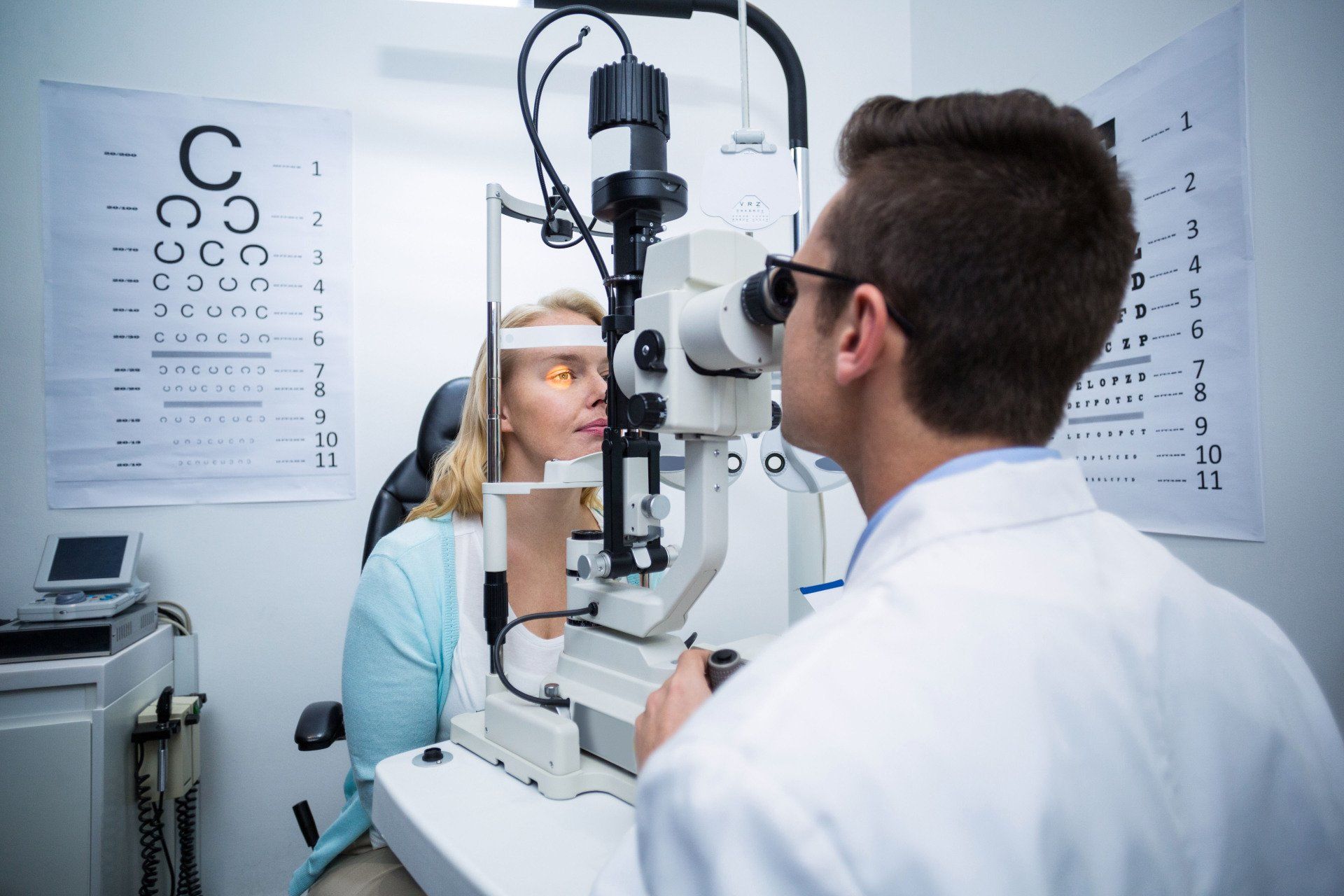3 Signs Your Child Has a Vision Impairment
As a parent, one of your main responsibilities is ensuring your child's health and well-being, which includes their vision. Early detection of vision problems can be crucial for a child's development and quality of life. Understanding the signs of vision impairment can help you take the necessary steps to get your child the help they need, such as scheduling an eye exam. In this post, we'll explore several indications that might suggest your child has a vision impairment.
1. Squinting
One of the most common signs of vision impairment is frequent squinting. If you notice your child regularly squinting, it could indicate they are having trouble seeing clearly. Squinting can be a natural response to blurred vision as it temporarily enhances focus. Approximately 6.8% of children younger than 18 years in the U.S. have a diagnosed eye and vision condition according to the CDC. Early recognition of these signs can lead to timely intervention and management of potential vision issues.
2. Eye Rubbing
Another important clue might be frequent rubbing of the eyes. While rubbing eyes occasionally is normal, persistent rubbing can signal that your child is experiencing eye strain or discomfort. Eye strain can be a result of trying to focus on blurry images, leading to headaches or irritability. We recommend keeping an eye out for this behavior, especially if it occurs during activities that require focus such as reading or watching television.
3. Difficulty Reading
Difficulty in seeing the board at school or objects at a distance can also be a sign of vision issues. If your child is consistently bringing objects closer to their face or struggling to read from a distance, it's important to take these observations seriously. Teachers might notice your child squinting at the board or having problems following along in class. Discuss any observations with your child's teachers and consider visiting an eye care professional for a comprehensive
eye exam.
Being attentive to signs of vision impairment is crucial for your child's overall health and learning capabilities. Squinting, frequent eye rubbing, and difficulty seeing distant objects are potential indicators of vision problems. If you suspect any issues, seek advice from a healthcare provider to ensure your child receives the proper care and support needed. By staying proactive, you can help ensure your child achieves their full potential academically and socially. Contact Hemet Optometric Center to learn more.









Share On: